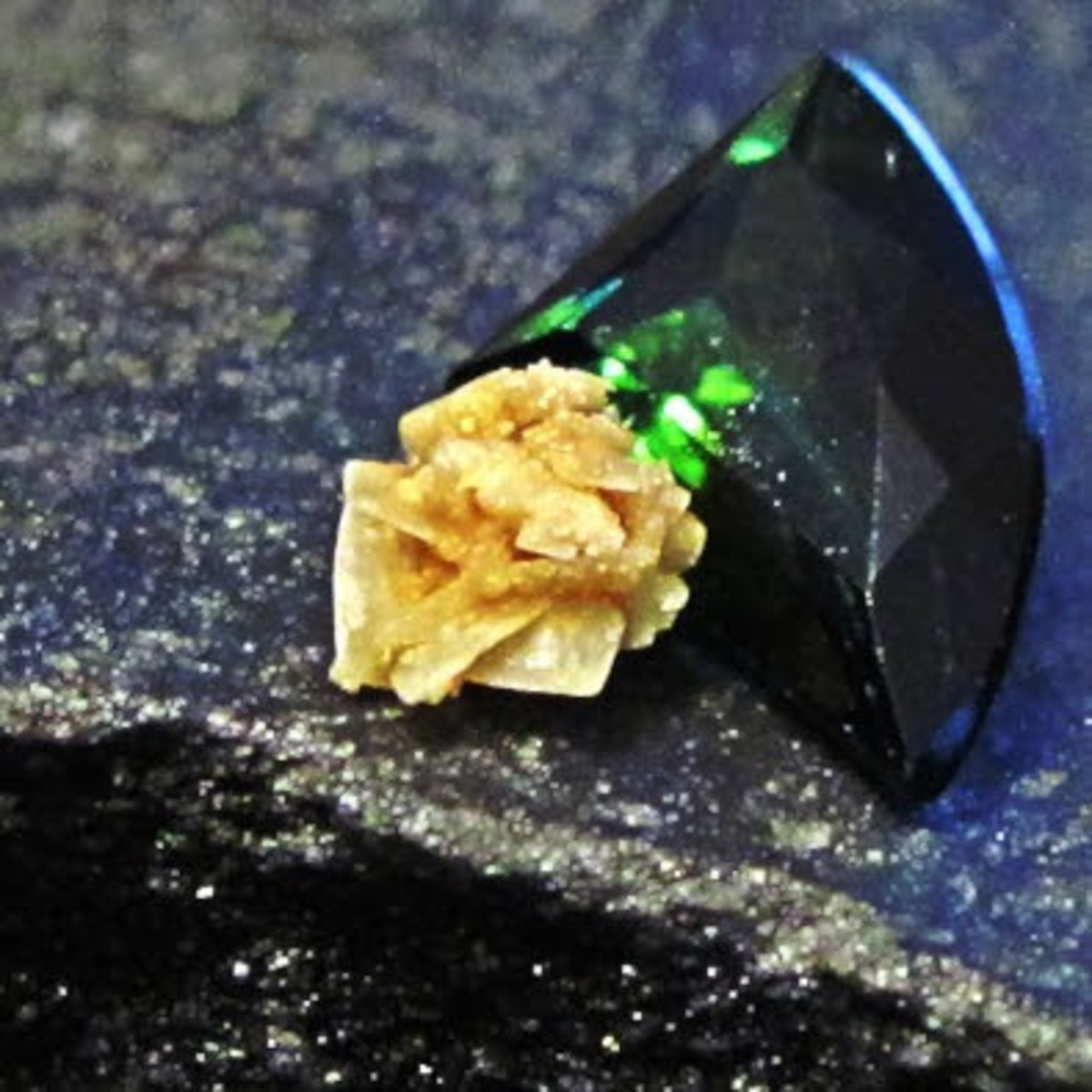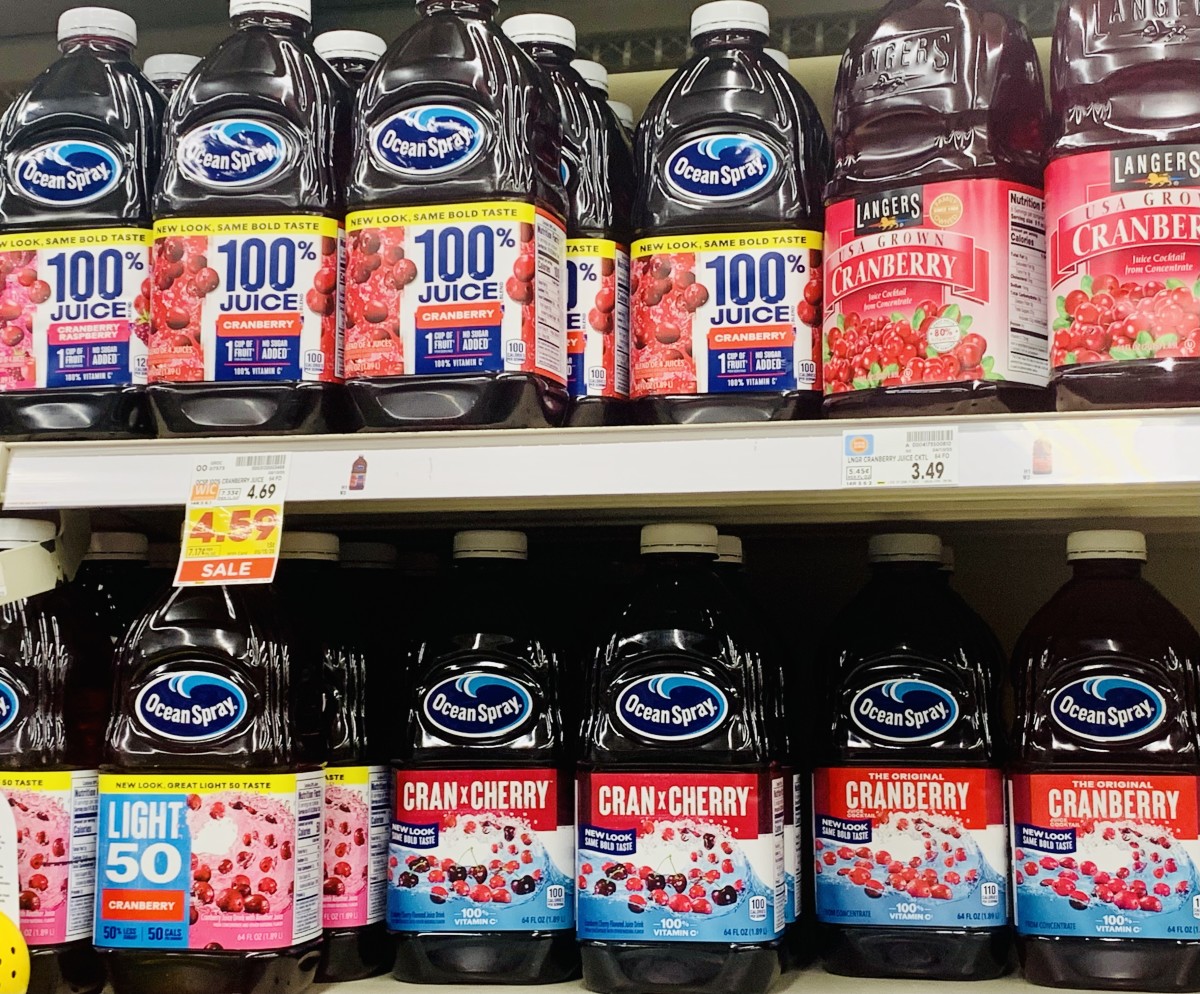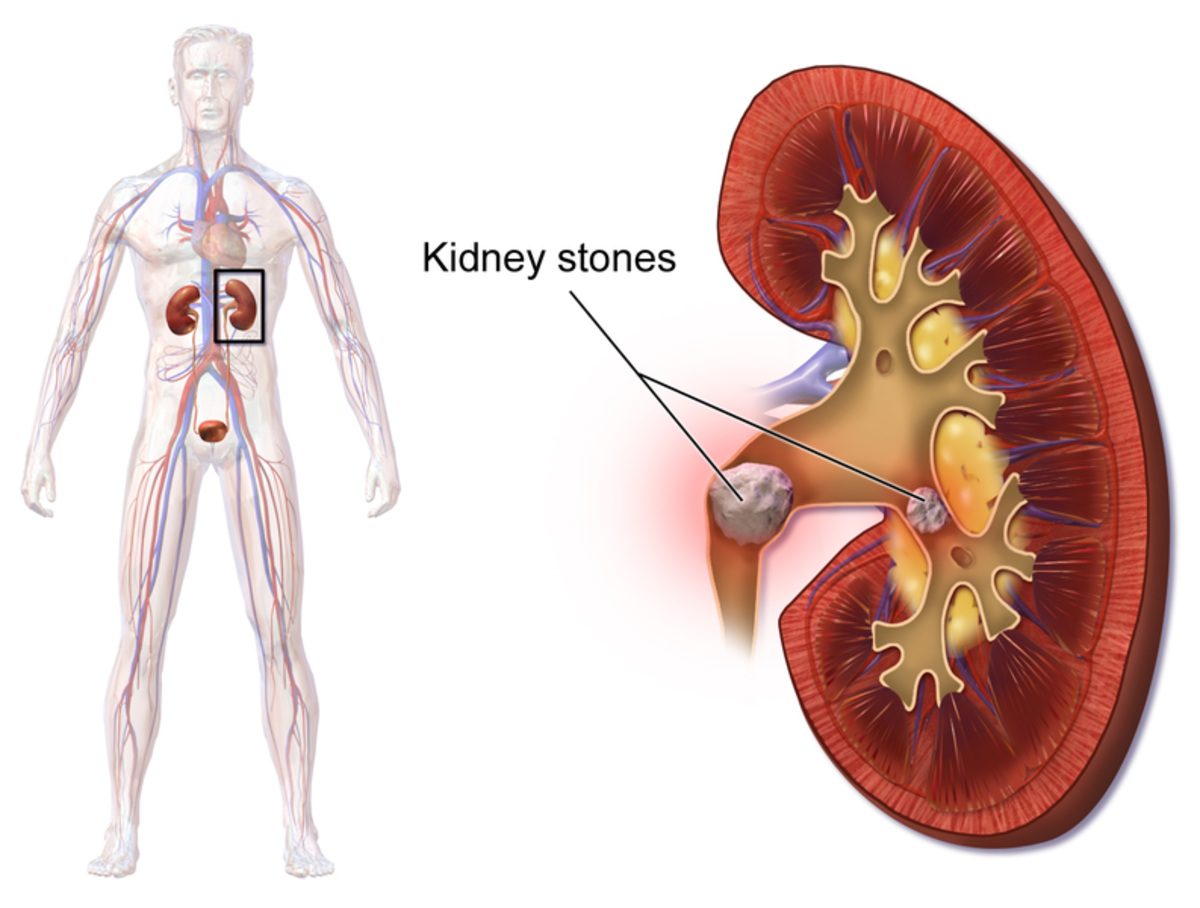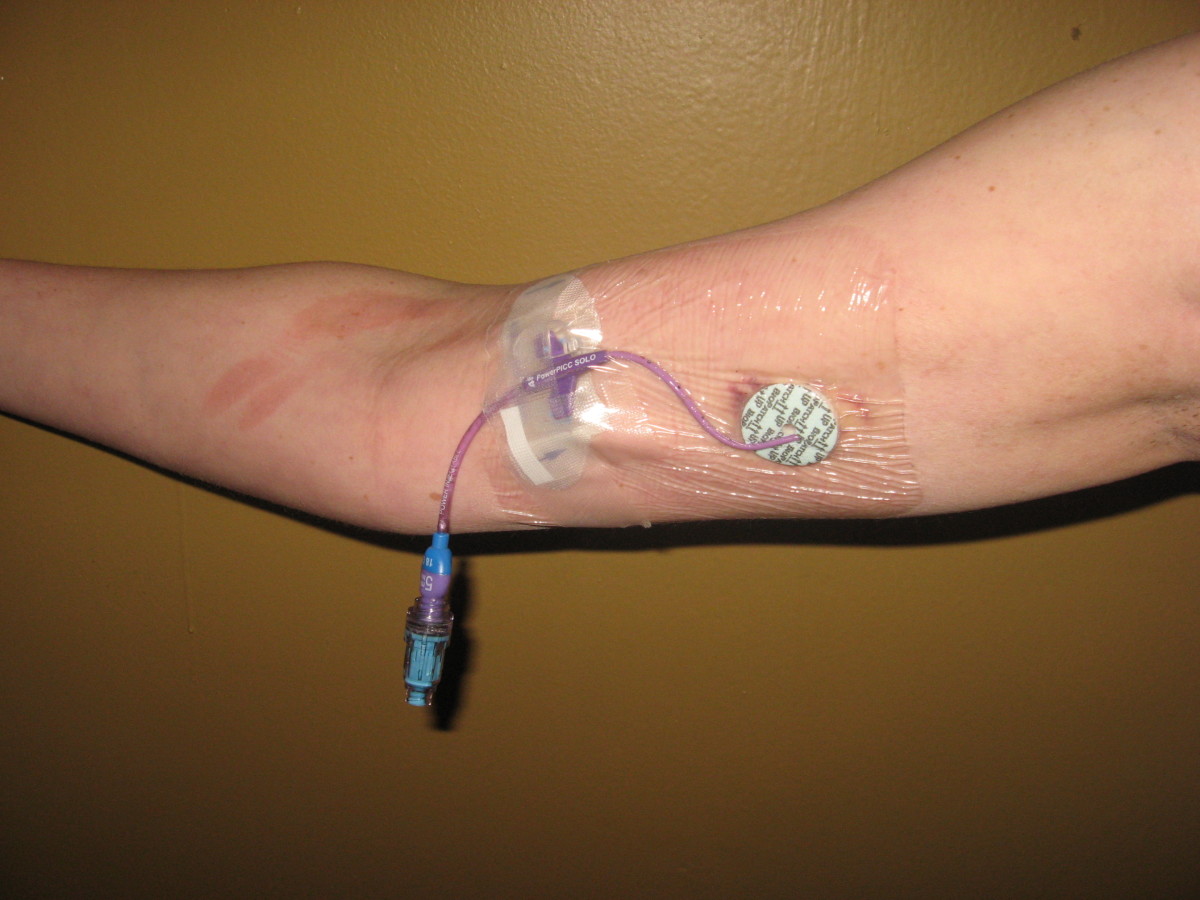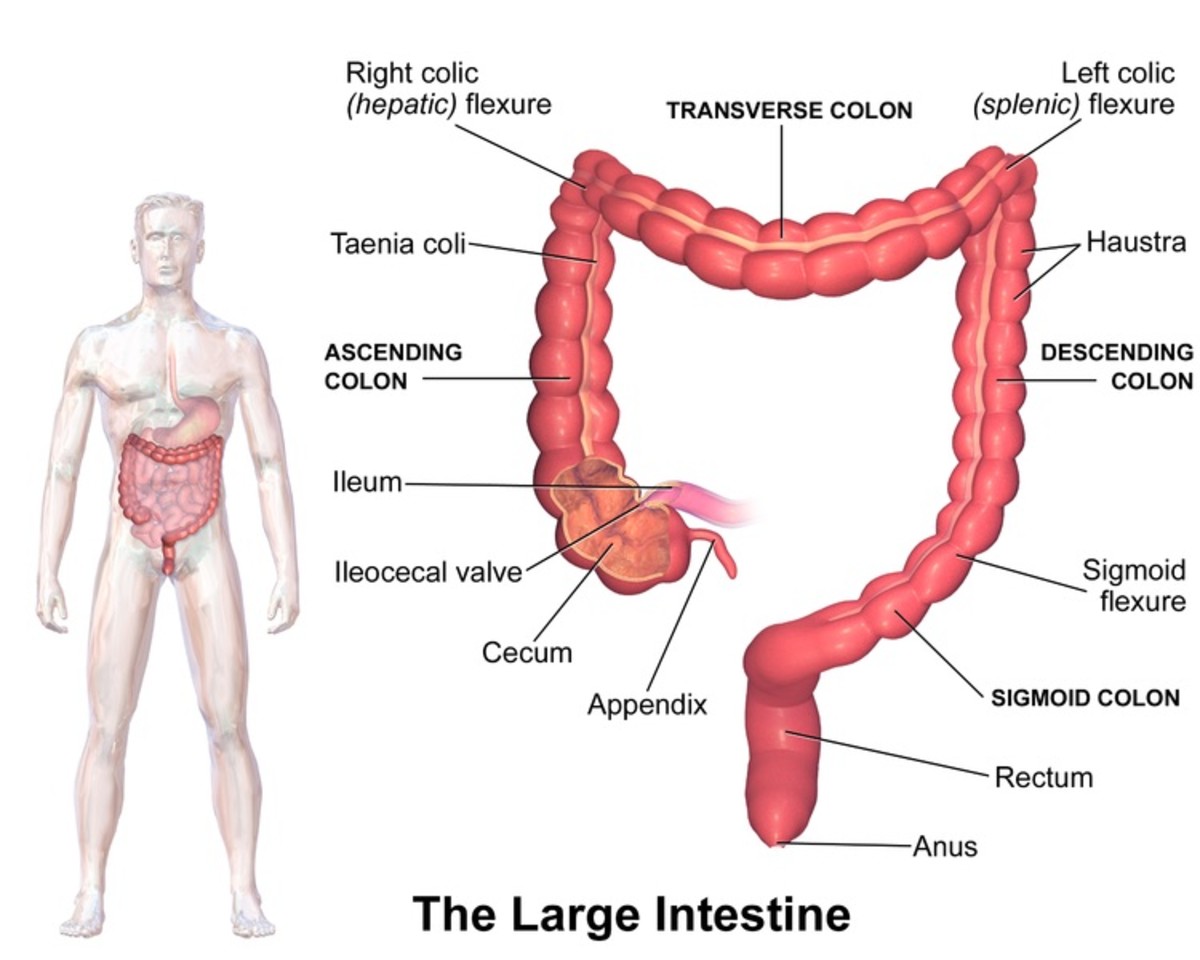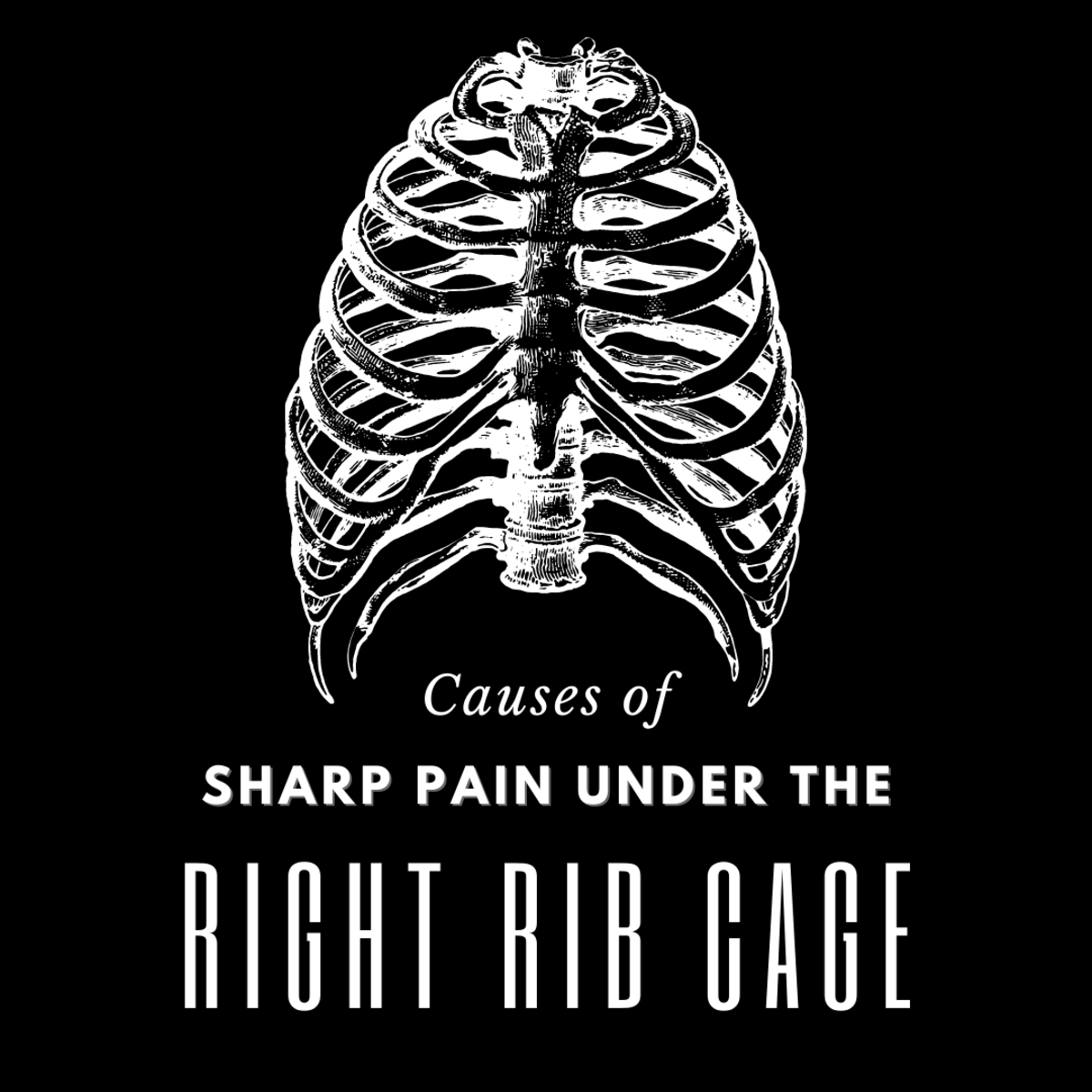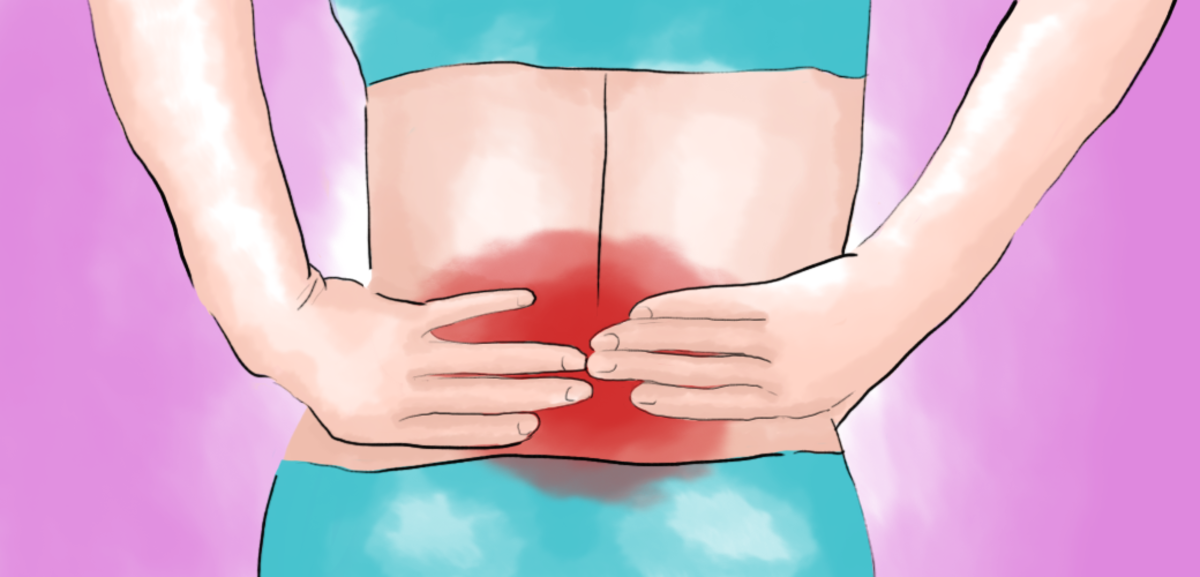Stones in Kidney
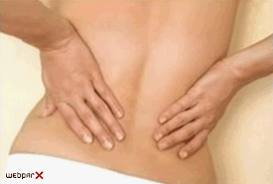
There are several types of stones in different organs: the gallbladder, pancreas, salivary glands, or the urinary tract.
Urolithiasis disease is the formation of stones in the urinary system. These are deposited in the urinary tract (renal pelvis, urethra, and bladder). The rock formation often occurs in the kidney and then migrates into the urethra or bladder. His compositions may be different, so that therapeutic strategies are adapted to the types of calculations, and the affected part of the urinary tract.
In general, these crystals or stones are excreted in the urine, but depending on their size and shape, can be caught in the organs and ducts of the urinary system, causing pain and medical complications.
The stones are small stones formed from organic or mineral deposits, with multiple sources. In general, the calculations are calcium (phosphate), calcium oxalate (oxalic acid) or uric acid (urate or uric acid basis).
- Calcium stones form when the urine is too alkaline. They have serious consequences in the kidney and tend to recur despite removal.
- The calcium oxalate is due to a diet rich in calcium oxalate acid (sorrel, beet, some fruits and vegetables).
- The uric acid. Uric acid is the final metabolite of purines decomposing substances important in the formation of DNA.
The factors that promote disease and urinary stones
Dietary factors that may contribute to the formation of kidney stones are:
- Insufficient intake of fluids, especially water.
- Power supply with low calcium
- The calcium consumption as a supplement (in excess)
- Diet with high levels of animal protein
- Diet with high levels of sugar (fructose)
- Low phytic acid (found in rice, rye, wheat, beans)
- Diet high in sodium
- Alcoholic drinks Consumption, which causes dehydration which facilitates the formation of microcrystals in the kidneys. Beer is the most damaging to the kidneys.
In addition, some diseases contribute to the increased risk of kidney stones and urinary
- Primary hyperparathyroidism
- Obesity
- Diabetes
- Crohn's Disease
- Bridge-type surgery (by-pass) gastric or intestinal
Although the disease may be asymptomatic (without symptoms), in general, symptoms of kidney stones include:
- Renal colic (main complication of urinary stones).
- Elimination of small crystals in the urine.
- The hematuria (blood in the urine pink or red, sometimes invisible to the eye)
- Gastrointestinal symptoms (nausea, vomiting)
- Pain when urinating
- Urgent need to urinate
Renal colic is a severe pain that usually lasts between 20 and 60 minutes, and can occur unilaterally, in the lumbar region, near the hip. The pain is caused by a blockage of the urinary excretion. To get rid of the calculations, the organs shrink, sometimes causing pain and bloating.
Diagnosis
The doctor will use various means for diagnosing urolithiasis:
- X-ray of the abdomen shows the calculations that are opaque
- Ultrasound
- Intravenous urography
Kidneys stonesTreatment
A typical treatment of urinary stones involves the administration of anti-inflammatory drugs to reduce pain and inflammation.
Alpha blockers are also used to accelerate the removal of stones in the urine.
In addition, ensure adequate nutrition and hydration depending on the type of calculation, will be limited:
- Foods rich in calcium oxalate acid: beet, sorrel, some fruits, and vegetables.
- Foods that are metabolized in the body, they produce a lot of uric acid: sweetbreads, offal, liver, and herring.
Monitor urinary pH as urinary stones are for calcium.
Large stones, generally greater than 9 or 10 mm, cannot be eliminated naturally through the urinary tract. In such cases it will be necessary to remove or destroy the calculations performed by different techniques:
- Extracorporeal shockwave lithotripsy (LEC)
- Ureteroscopy
- Percutaneous nephrolithotomy
- Percutaneous ultrasonic lithotripsy
- Endoscopic laser lithotripsy
- Endoscopic lithotripsy shock wave
-. Surgery, indicates that 10% of the cases, when it is observed that the calculation is stuck in the urethra and cannot be obtained
Natural Treatments
Garlic, as seasoning in cooking - lemon juice every morning - Juniper in tea
- The nettle infusion to prevent urinary calculi
- The birch, especially in tea to prevent urinary calculi

